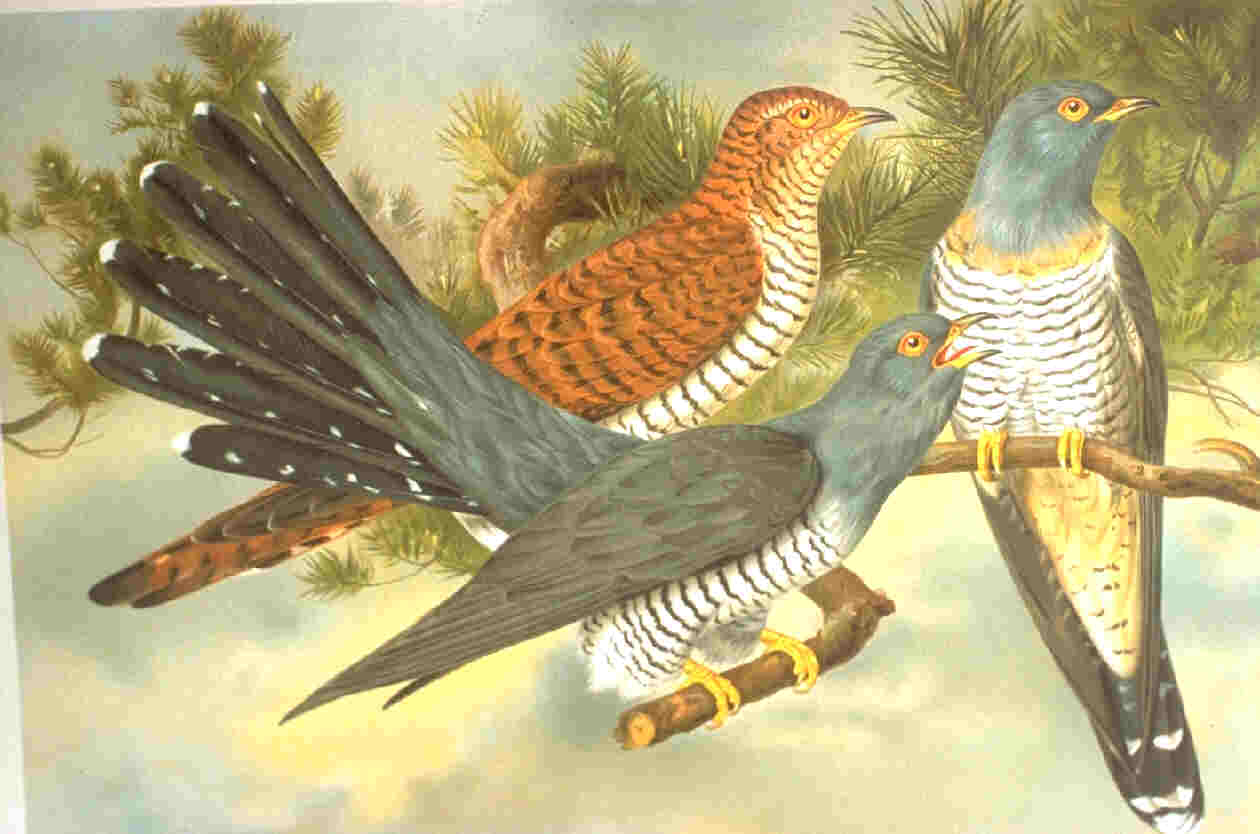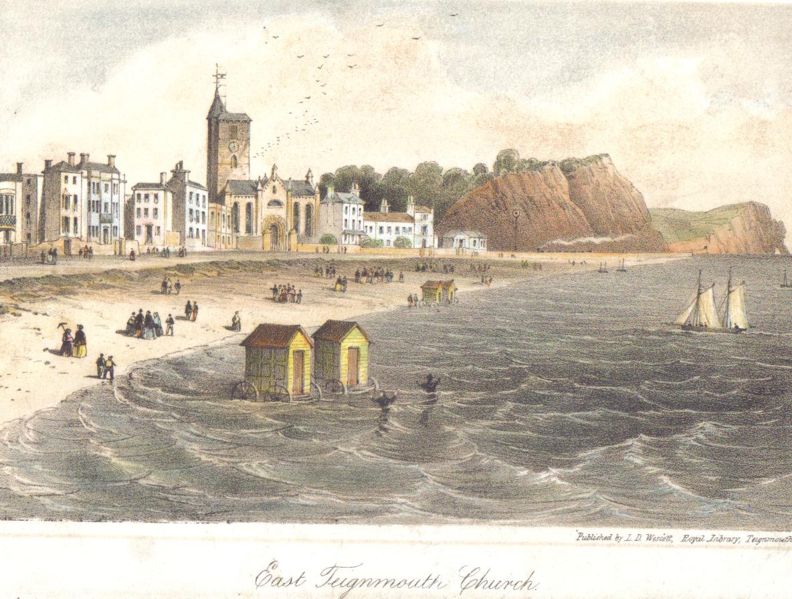.
I dwelt in isolation, long ago, through two long strange winters, in a single room in a small cottage on an exposed coast upon the North Sea, a place where stormy nights of wild wind and rain were commonplace; even then, or perhaps especially then, it was not always simple to view things in a single aspect.
The temptation to alternative interpretations was always urgent; what an unfortunate period it was.
Opposite the feeble gas stove a horrid funereal floral wallpaper decorated the single sizeable wall of this room.
I obtained painting materials, eventually, and painted upon this wall a large representation of the Jastrow duck-rabbit picture as I had found it in Wittgenstein's Philosophical Investigations.

I contemplate a face, and then suddenly notice its likeness to another. I see that it has not changed; and yet I see it differently. I call this experience “noticing an aspect...” And I must distinguish between the ‘continuous seeing’ of an aspect and the ‘dawning’ of an aspect.... I see two pictures, with the duck-rabbit surrounded by rabbits in one, by ducks in the other. I do not notice that they are the same. Does it follow from this that I see something different in the two cases? It gives us a reason for using this expression here. “I saw it quite differently, I should never have recognized it!” Now, that is an exclamation. And there is also a justification for it. I should never have thought of superimposing the heads like that, of making this comparison between them.... I describe the alteration (change of aspect) like a perception; quite as if the object had altered before my eyes.... The expression of a change of aspect is the expression of a new perception and at the same time of the perception’s being unchanged. I suddenly see the solution of a puzzle-picture.
This mural remained unknown to, because unseen by, the owners of this dwelling, for the remainder of the duration of my stay in this remote little seaside town.
The wind is blowing hard right now. I am reminded of a poem about a candle that is blown out by the wind, or perhaps it is only the image of the candle, in the poem, that is blown out by the wind; it is a poem about aspect issues and alternative interpretations. The poem comes from Wallace Stevens' first book, Harmonium, published in 1923.
Valley Candle
My candle burned alone in an immense valley.
Beams of the huge night converged upon it,
Until the wind blew.
Then beams of the huge night
Converged upon its image,
Until the wind blew.
I have loved this poem for fifty-two years. When I imagine it lately, though, there is a pictorial aspect change, a reinterpretation of perception whereby, when I see the letters of the Stevens poem, they become transparent and in their place, or as if through them, as the fleeting candlelight seems to pass through the living hand of the child Christ in the Georges de la Tour painting Joseph the Carpenter, I see the words of a different poem, which I have written in my mind.
In fact this is an old bad habit, seeing poems that do not exist through poems that do.
That Stevens had not published his first book until the age of forty and that it had then been the ungodly great Harmonium, for a long time this figured him for me as a significance among significances, a phenomenon from an age of wonders.
And yet, and yet...
North Sea: photo by Muns, 2003
from Philosophical Investigations: Ludwig Wittgenstein, 1953
"Valley Candle": Wallace Stevens, from Harmonium, 1923
Joseph the Carpenter (detail: hands of the young Christ): Georges De la Tour, 1635-1640 (Musée du Louvre)
Duck/rabbit (pink): image by John Schmidt
"I lied in my ad. I hate Wallace Stevens.": Mike Twohy, The New Yorker, 1995



![La mitrailleuse en état de grâce (The Machine Gun[neress] in a State of Grace)](http://www.sfmoma.org/images/artwork/large/84.123_01_b02.jpg)






















